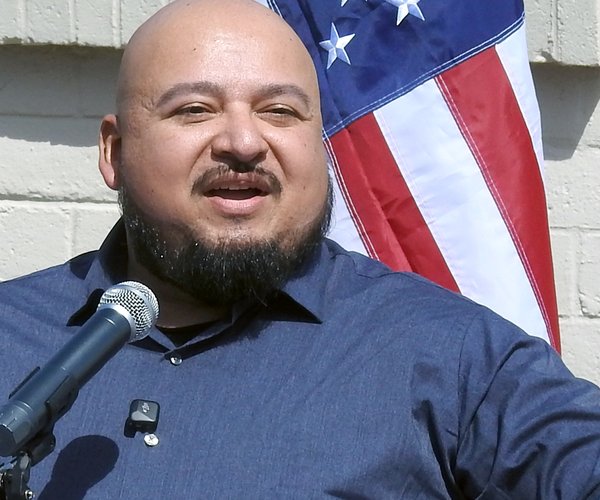State Senator Marie Alvarado-Gil who represents Ceres and recently became a Republican, voted against ABx2-1 (Hart), a bill sponsored by Gov. Newsom as part of his extraordinary session on gas “price gouging.” She noted that while the measure has been marketed as a solution to lower gas prices, it is likely to do the opposite by expanding the California Energy Commission’s (CEC) authority to impose more restrictions on oil refiners.
“Time after time, Sacramento’s progressive Democrats fail to reflect on their policies and the burdens they place on everyday Californians,” said Alvarado-Gil. “It’s just one reason why I left the supermajority.”
She predicts the urgently passed legislation won’t provide any immediate relief on high gas prices and will “probably drive them up.” She said the bill does not address the root cause.
ABx2-1 allows the CEC and its Division of Petroleum Market Oversight (DPMO) to require oil refiners to maintain minimum gasoline and diesel inventories. While Newsom claims that this will increase transparency in gas pricing, it is, in reality, more red tape that will raise costs for consumers, as refiners could be forced to limit their distribution of fuel, she said.
On top of this, the California Air Resources Board (CARB) is set to vote next month on its low carbon fuel standard (LCFS), which could increase gas prices by as much as 47 to 65 cents per gallon.
Californians currently pay the highest gas prices in the nation, averaging $4.67 per gallon, according to AAA.
“Whether it’s the CEC or CARB, giving more power to unelected bureaucrats isn’t the answer. It only weakens efforts to create better transparency and accountability in California. And as the voice of my constituents in Sacramento, I can’t support that.”
Senator Dave Minn (D-Irvine) refused to vote on the bill, saying it deserved a full vetting that could wait until the Senate reconvenes in January. He also expressed concerns that the bill would do the opposite ofr what it intends to do.





